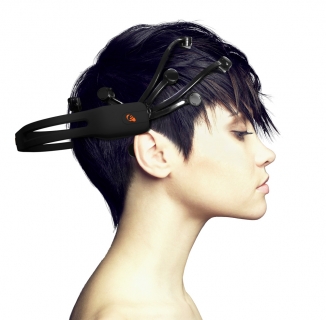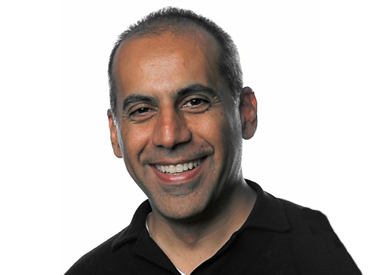
From classical music to transcranial direct-current stimulation to the Mediterranean diet to nootropics, the days of only using 10% of our brain are over. Reporter David Adam claimed to have boosted his IQ using electrical brain stimulation. His goal was to supercharge his brain for a Mensa exam the following week, and it worked—he’s now a member.
For Bryan Johnson, the founder and CEO of neuroscience startup Kernel, the question is not if, but when we all will have computer chips in of our brains. Johnson founded Kernel with more than $100 million of his own money in order to understand the human brain so that we may one day program it to improve.
What could you do with a chip in your head that linked directly to the Internet? Win every bar trivia contest ever, I bet. The most controversial approach to neuroenhancement isn’t in stimulating the brain, but in reengineering it with genome-editing technology, or changing part of an embryo’s genome, one nucleotide at a time.
Is our quest for more brain power possible and, if so, what are the effects—and how soon can I sign up? Here with me to discuss hacking the brain is Dr. Kamran Fallahpour, Founder and Director at the Brain Resource Center,and Geoffrey Woo, the CEO and co-founder of nootropics subscription service, HVMN (pronounced HUMAN).

Geoffrey Woo

Dr. Kamran Fallahpour










